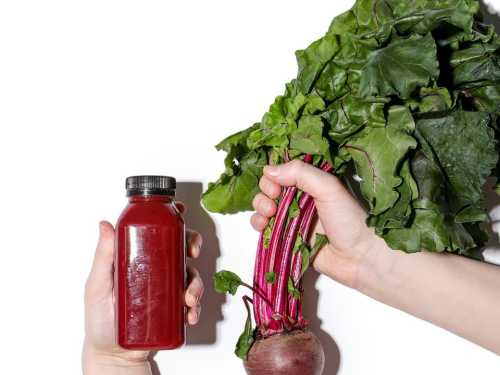Emergency department visits involving cannabis increased for children, teens and young adults during the COVID-19 pandemic, new federal data suggests.
A report published Thursday from the Centers for Disease Control and Prevention looked at visits for Americans under 25 years old throughout the pandemic and compared the data to a 2019 baseline.
Researchers found the largest increases in visits were among children aged 10 and younger as well as adolescents between ages 11 and 14.
MORE: FDA says new process is needed for regulating CBD products due to risks
There was also an increase among older teens and young adults aged 15 to 24. However, cannabis is legal in several states for adults aged 21 and older.
The CDC analyzed data from a weekly average of nearly 1,700 emergency departments that report to the National Syndromic Surveillance Program as well as state and local health departments.
The team expanded its data by searching for other terms that indicated cannabis use such as "smoke weed" or "ingest hash" in the main complaints or discharge paperwork.

This stock photo shows teens passing a marijuana joint at a party.STOCK PHOTO/Getty Images
Among those aged 10 and under, the average number of weekly cannabis-related ED visits ranged from 30.4 per 10,000 visits to 71.5 per 10,000 visits. Prior to the pandemic, the average was between 18.7 and 23.2 visits.
This age group had their highest number of average visits during summer 2022, the report found. Visits declined during the second half of the 2020-21 school year before increasing thereafter.
For those between ages 11 and 14, the range was between 69.8 and 209.3 compared to a range of 90.5 and 138.5 before the pandemic.
Meanwhile, preteens and teens in this group saw their peak in weekly visits occur during the second half of the 2021–22 school year.
The team noted that the majority of visits during the study period were among 15-to-24-year-olds. Even though rates were elevated from 2020 to summer 2021, they returned to baseline.
However, this was the only age group that did not see statistically significant increases even before the pandemic, as was seen with children and younger teens.
MORE: What is CHS? How nausea, stomach pain led to a diagnosis and link to cannabis
The new report did not discuss why the number of visits went up, noting that there could be different drivers depending on the age group.
A separate report from the National Institute on Drug Abuse at the National Institutes of Health found that young people's perception of the risk using of cannabis use has declined in recent years.
"Improving clinicians' awareness of rising cannabis-involved ED visits might aid in early diagnosis of cannabis intoxication among young persons," the authors wrote in their report. "Further, increasing adults' knowledge regarding safe cannabis storage practices, strengthening youths' coping and problem-solving skills through evidence-based prevention programs, and modifying cannabis packaging to decrease appeal to youths might help prevent intentional and unintentional cannabis use."
Sourse: abcnews.go.com






